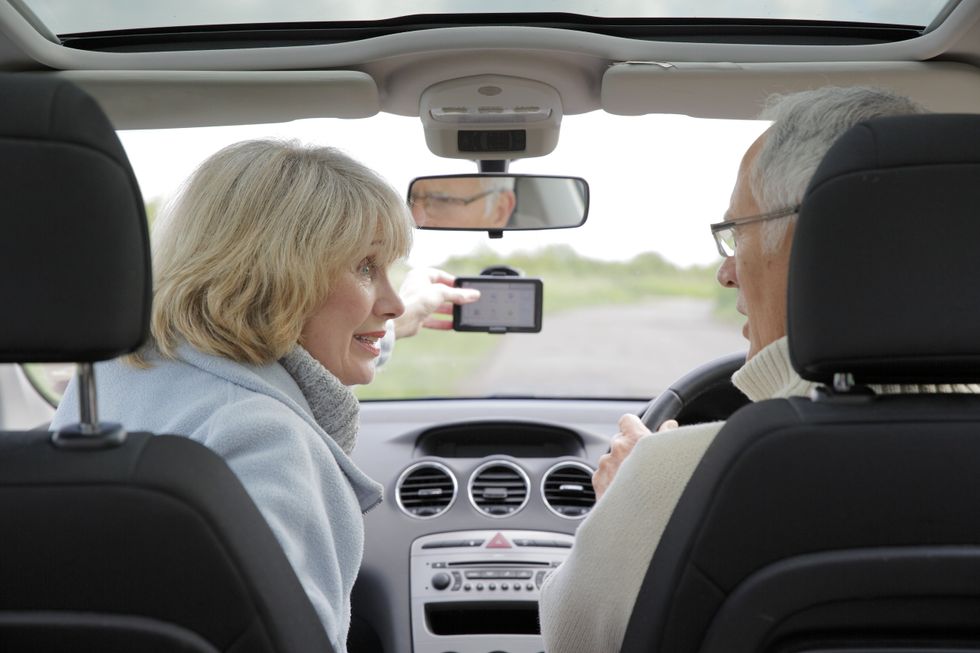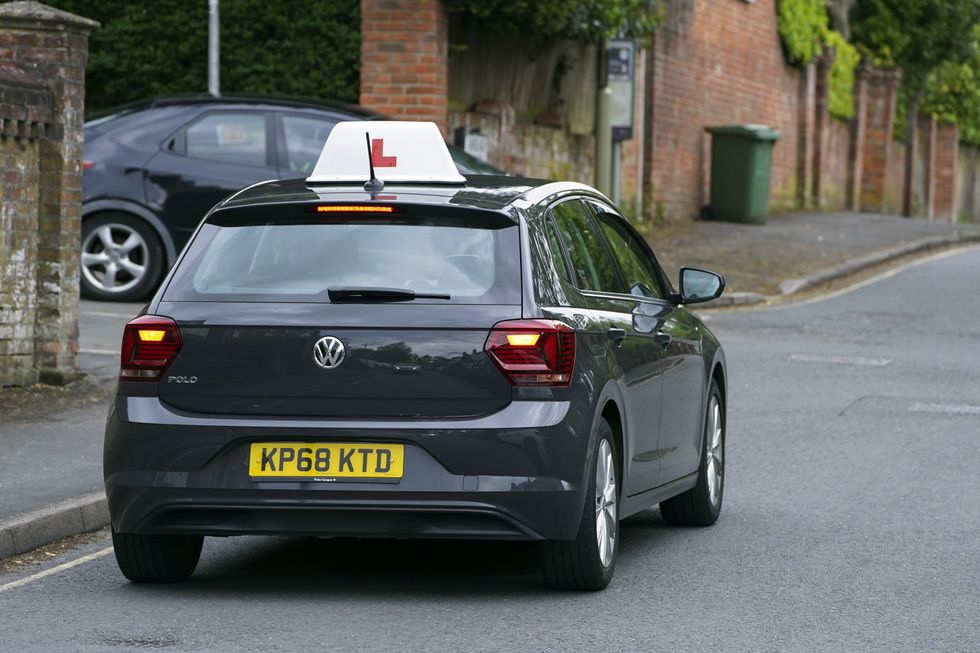Elderly drivers are set to benefit from a revolutionary study which looks at helping those with dementia stay on the roads for longer.
The project, spearheaded by the University of Surrey, has been granted almost £50,000 by the Road Safety Trust to look into prolonging the driving cycle for people with dementia.
It will look at how it becomes “inevitable” for people with dementia to give up driving irrespective of how old they are.
The study will use mixed methods to explore the “feasibility, acceptability and merits of using a new UK-adapted dementia driving decision aid (DDDA-UK)” which could help more people stay on roads for longer.
Do you have a story you'd like to share? Get in touch by emailingmotoring@gbnews.uk

Early results from the resources have found that it can help people with dementia to continue driving safely and has the potential to help thousands of drivers be safe on the road for longer.
However, the researchers did note that it has not been used in “real-life settings”, such as NHS memory services for people with dementia.
The project will determine whether DDDA-UK and the methods used are suitable for scaling up and rolling out across England and if so, it could help millions.
Under DVLA rules, motorists must inform the agency if they have dementia or they could be slapped with a £1,000 fine.
On top of the new project, Road Safety Trust has also funded free assessments for elderly drivers to refresh their road skills and learn about the latest updates to the Highway Code.
The assessments will be rolled out by Cheshire West and Chester Council to offer 50 free driver assessments for motorists aged over 65.
It aims to help raise awareness of key issues drivers face when they reach a certain age, including poor eyesight and slower reaction times. The initiative hopes tohelp supportmature drivers who the council believe are “increasingly overrepresented” in casualty statistics as drivers, passengers and pedestrians.
The most recent Department for Transport data revealed that elderly drivers are 53 per cent more likely to be involved in serious casualties on rural roads, compared to 42 per cent for other age groups.
Mature drivers are being offered free assessment courses to brush up on their skills
PA
While the council offers the assessment free of charge elderly drivers will be asked to complete a short questionnaire and driving quiz approximately two weeks before their Mature Driver Review.
Four weeks later, once the review has been completed, drivers will be asked to complete a second questionnaire and driving quiz.

 By GB News (World News) | Created at 2024-11-20 17:06:29 | Updated at 2024-11-24 15:57:08
3 days ago
By GB News (World News) | Created at 2024-11-20 17:06:29 | Updated at 2024-11-24 15:57:08
3 days ago









